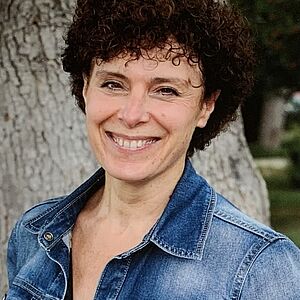
Alexandra Bally
- INSTITUT DE LA COMMUNICATION, DE L'INFORMATION ET DU DOCUMENT
- INFODOC
Home
My thesis
Thesis title :
Digital info-communication practices in high schools and universities : the case of plagiarism.
Thesis director :
Stéphane CHAUDIRON, Professeur en Sciences de l'information et de la communication de l'Université de Lille ; Membre élu du Comité national des universités - section 71, Co-directeur de la revue Etudes de Communication (revue qualifiante CNU 71-HCERES-CPDirSIC-SFSIC), Responsable du parcours VeCIS (Veille et Communication de l’Information Stratégique) du Master 2 SID, Membre du Conseil scientifique du laboratoire GERiiCO, Président du Conseil scientifique de l'ENSSIB, Membre du Conseil scientifique de la MSH Paris Nord, Membre de l’Association for information science and technology (ASIST), Membre du Chapitre français de l’International society for knowledge organization (ISKO). Président de 2005 à 2009 [ISKO International | ISKO France], Membre de l’Association des professionnels de l’information et de la documentation (ADBS), membre du Comité des éditions et du Comité scientifique international.
Thesis abstract :
Today, the high school and university students are used to researching, producing documents and communicating about their work as part of their schooling and at the request of teachers. Their communicative practices are predominantly digital and this complex information environment impacts their relationship to information. This work will aim at understanding the research behavior of students and their switch to a practice of conscious or unconscious plagiarism. In terms of information research, we will use an information search model. For this, we will interview students and their teachers (one school level per year) by trying to follow a cohort of students over several years. The analysis of questionnaires and interviews will make it possible to note elements concerning the information research practices of the students, the constitution of their data collection, the treatment of information, their copy-and-paste practices, their knowledge and their relationship with informational ethics (the quotation of the sources, the respect of copyright and finally their level of training). The data collected from the students will be lighted by the practices of their teachers (of disciplines and teacher-librarian) as well as by a corpus made up of official texts and current school programs.



